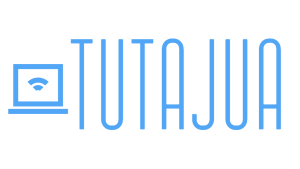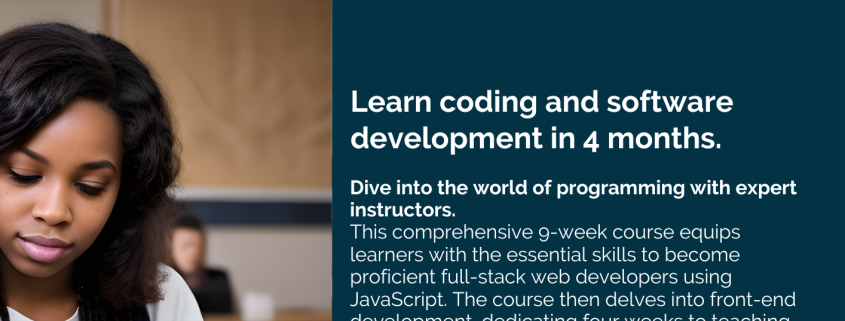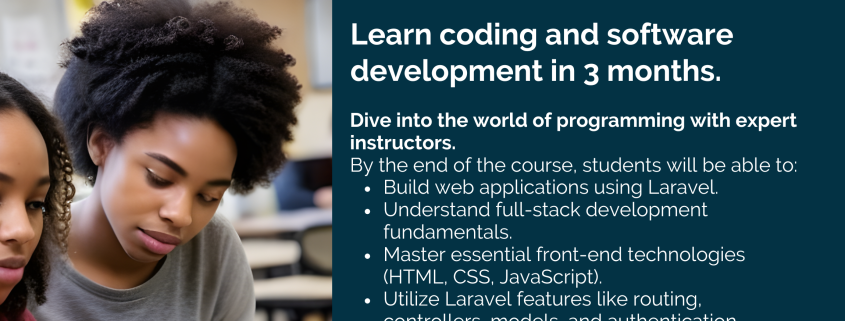Full-Stack Web Development with JavaScript
Outcome and Expectations
Course Duration: 4 months
Target Audience: Individuals with some programming experience (familiarity with variables, data types, and control flow is beneficial)
Learning Outcomes:
- Build dynamic and responsive web applications using HTML, CSS, and JavaScript.
- Understand the fundamentals of full-stack development with JavaScript.
- Install, configure, and manage a local development environment.
- Work effectively with JavaScript frameworks like React or Vue.js
- Build APIs and server-side applications with Node.js and Express.
- Implement best practices for secure and user-friendly web development.
Course Title: Full-Stack Web Development with JavaScript
Module 1: Introduction to Web Development
- Duration: 1 week
- Topics:
- Overview of web technologies (HTML, CSS, JavaScript)
- Setting up development environment (text editors, browsers, version control)
- Basics of client-server architecture
Module 2: Front-End Development
- Duration: 4 weeks
- Topics:
- HTML5 and semantic markup
- CSS3 for styling and layout
- JavaScript fundamentals (variables, data types, functions, DOM manipulation)
- Responsive design and media queries
- Introduction to front-end frameworks (e.g., React, Vue.js)
Module 3: Back-End Development
- Duration: 4 weeks
- Topics:
- Introduction to Node.js and Express.js
- Building RESTful APIs
- Handling authentication and authorization
- Database fundamentals (SQL vs. NoSQL)
- Connecting to databases (MongoDB, MySQL, PostgreSQL)
Module 4: Full-Stack Integration
- Duration: 2 weeks
- Topics:
- Consuming APIs on the front end
- Integrating front-end and back-end components
- Deploying applications to cloud platforms (e.g., Heroku, AWS)
Module 5: Advanced Topics
- Duration: 3 weeks
- Topics:
- Real-time communication (WebSockets, Socket.io)
- Security best practices (cross-site scripting, SQL injection)
- Performance optimization
- Testing and debugging
Module 6: Capstone Project
- Duration: 2 weeks
- Project:
- Students work on a full-stack project that incorporates all the concepts learned throughout the course.
- They build a functional web application from scratch, including both front-end and back-end components.
Assessment and Certification
- Quizzes, assignments, and a final project evaluation will determine students’ understanding and proficiency.
- Successful completion leads to a certificate in Full-Stack Web Development with JavaScript.


